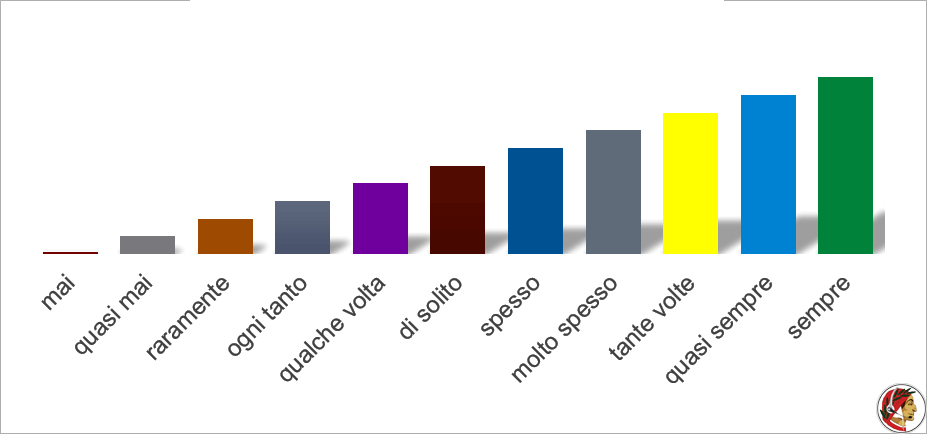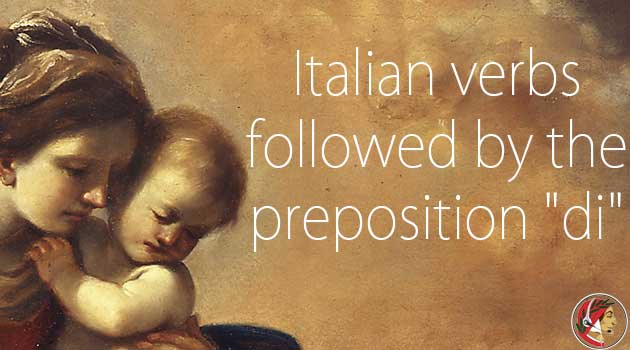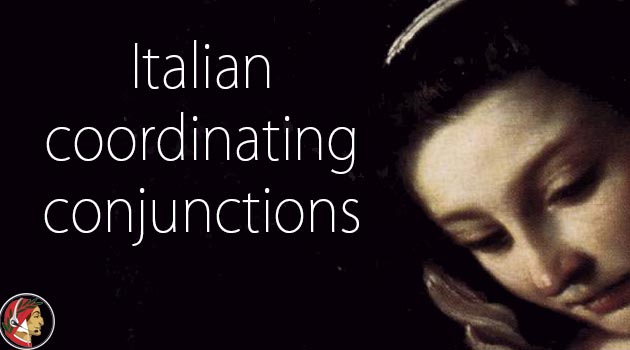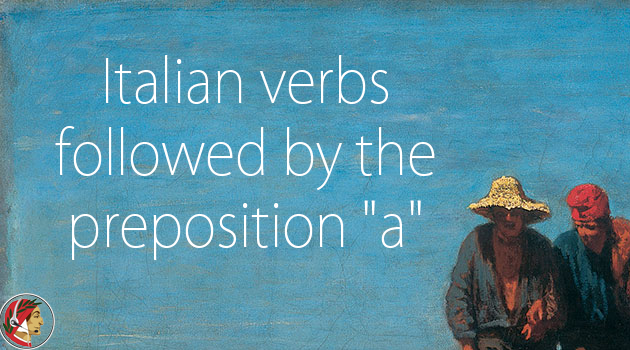The tenses of the Italian Indicativo Mood “Indicate”, a Real Situation. Let’s describe and understand them with some examples.
We can simplify and say that the indicativo is the mood of reality; the congiuntivo is the mood of possibility, uncertainty, and opinion; the condizionale is the mood of possibility under a certain condition; the imperativo is the mood of command.
Other moods like the infinito, participio, and gerundio are “indefinite”, because they do not refer to any particular subjects or pronouns. The participio can be singular or plural, masculine or feminine, but only in accordance with other elements of a sentence. These three are “nominal” verbs, meaning that they can also be used as nouns or adjectives:
- Viaggiare è meraviglioso.
- Lo studente è stato bravissimo.
- Claudio è laureando in lingue.
I will go deeper into details with other blogs.
Today we’ll just see the indicativo, which includes the most common and important set of rules regarding Italian verbs.
The Tenses of the Indicativo
The tenses of the indicativo can be semplici (simple) or composti (compound).
PRESENTE
The Italian presente can express actions happening now:
- Mangio la pasta a pranzo – I eat it now.
but also a recurring action:
- Mangio la pasta a pranzo – I usually have it for lunch.
an action in the future:
- Domani vado al cinema – instead of the proper “domani andrò al cinema”.
as presente storico, a particular way to describe past actions as if they were happening now:
- Roma nasce nel 753 Avanti Cristo – instead of “Roma nacque…” with the passato remoto.
describing an absolute situation or atemporale:
- L’Italia è una Repubblica fondata sul lavoro.
IMPERFETTO
The Italian imperfetto can describe actions or situations in the past.
It can be recurring or intermittent:
- Laura studiava otto ore al giorno.
Usual:
- L’autobus passava per via Dante.
It can describe a situation:
- Mio nonno aveva una barba molto lunga.
… an ongoing event in history:
- L’esercito di Barbarossa si avvicinava alla città di Milano.
… a desire or an order in the present:
- Volevo un cappuccino e un cornetto al cioccolato. (instead of Voglio… or the conditional Vorrei…).
The imperfetto is a very flexible tense. Here you can find some more informal uses of the imperfetto.
PASSATO REMOTO vs PASSATO PROSSIMO
The use of the Italian passato remoto is very much debated in Italy. The definition of remoto, far in the past, implies that the action is far enough in the past and has nothing to do with the present. It’s a simple, perfect tense, structured like the English simple past. But, how far in the past? Last year? Last week? There isn’t any precise rule.
- L’anno scorso andai in vacanza in Sicilia. – I went to Sicily.
As a matter of fact, the passato pro ssimo is replacing the passato remoto, even when the sentence says that the past event has “a step in the present”. See the sentences below:
- L’anno scorso sono andato in vacanza in Sicilia. – I went to Sicily.
No connections with the present. But also…
- Sono appena tornato dalla Sicilia. – I’ve just got back from Sicily. Now.
The structure looks very much like the English present perfect, and sometimes the passato prossimo works exactly like it.
In Southern Italy, the passato remoto is still very common, even when we describe something close to the present. In Northern Italy, the passato remoto is pretty much disregarded, we do not use it. In the media, the use of the passato remoto is declining in favor of the prossimo, particularly on TV.
TRAPASSATO PROSSIMO & REMOTO
If you want to describe a past event that happened before another past event, you need the trapassato. There are two types of trapassato: prossimo and remoto.
The trapassato prossimo is the imperfetto of essere or avere and a past participle.
- Non ero mai stato in Sicilia prima di quest’anno.
- Ho comprato i pantaloni che avevo visto al mercato.
The point in time in the past can be a sentence or simply a moment.
- La settimana scorsa non avevo ancora finito le vacanze.
Or it can be omitted altogether, assuming that the moment is now or another known period.
- Avevo già visto questo film (before now).
It doesn’t matter if we express the past point in time with the passato prossimo, imperfetto, or passato remoto. We can use the trapassato prossimo.
The trapassato remoto is extremely rare and it works with the passato remoto. It is the passato remoto of essere or avere and a participle.
- Dopo che ebbi finito di lavorare, me ne tornai a casa.
FUTURO SEMPLICE & ANTERIORE
The futuro semplice is a simple tense. We obviously use it for expressing a future event but also something else.
- Domani lavorerò dalle 9 alle 5 di pomeriggio.
If you are not a beginner, you probably know that we can use the presente for expressing a future event. This convenient workaround discourages some students from studying the futuro semplice. Who cares if I can use the present instead, right? Wrong. Italians use the futuro or the presente, so you need to know the futuro if you want to understand what people say.
The futuro semplice is useful for expressing doubts or to take a guess.
- Dove sarà Luigi? (right now!)
- Una Ferrari costerà 100 mila euro. A Ferrari may cost …
The futuro anteriore is a quite interesting tense. It’s a compound tense, the futuro of essere or avere and a participle. We use it for indicating a complete action in the future.
- L’anno prossimo, la mia casa nuova sarà completata.
My house will be completed next year. Easy enough. With the futuro anteriore a speaker can express a guess, just like the futuro semplice, with a substantial and bizarre difference. A guess with the futuro semplice is in the present. A Ferrari could cost that much, now. With the futuro anteriore, the action is complete, so in this particular case it works as a past tense:
- Quanto sarà costata quella Ferrari?
The speaker is wondering how much it costed.
I hope this recap will be useful for organizing your studies. Please feel free to ask questions and try the quiz. Alla prossima












